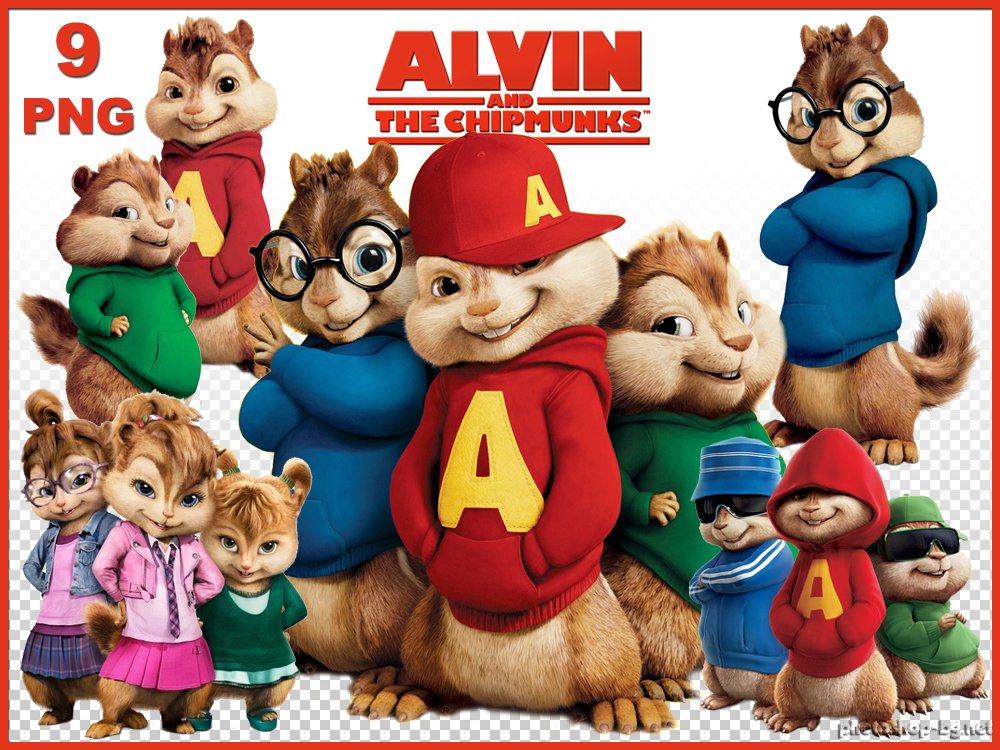

He imbues each story with an elegiac quality reminiscent of the fables of Sholom Alecheim, replete with a fabulist's gift for distilling the world's morass into tidy morality plays. Eisner sets his stories in and around a Lower East Side tenement building very like the one he grew up in, and it shows.

But it's not on this list because it was first, it's on this list because it remains one of the most beloved. So let's put it this way: Eisner's 1978 A Contract With God is widely regarded as the first modern graphic novel. It's nothing so pat and simple as a coming-of-age story it's a beautifully wrought, bittersweet and achingly real examination of two young women - one who believes herself ready for adulthood, one longing to remain a child for just a little longer.Ĭomics nerds are a nitpicky, combative lot, so whenever Will Eisner's collection of comics short stories gets called "the first graphic novel," the "um, actually"s descend like so many neck-bearded locusts to remind everyone about Rodolphe Topffer and Lynd Ward and to point out that it's not a novel, it's a collection of stories. The story, about two girls whose families have been spending summers at the same lake for years, perfectly captures the moment when everything changes - when feelings, both expressed and unexpressed, begin to color and distort a childhood friendship, when long-simmering jealousy, fear and rage finally bubble over.

But relatively few comics have taken up the transition from girlhood to womanhood, and none have done so as sensitively and searchingly as This One Summer, written by Mariko Tamaki and illustrated by Jillian Tamaki. Comics about awkward young men struggling with adolescence are thick on the ground, which makes sense, given that the medium seems expressly suited to exploring the anxiety, self-consciousness and other ephemeral emotions that come with puberty.


 0 kommentar(er)
0 kommentar(er)
